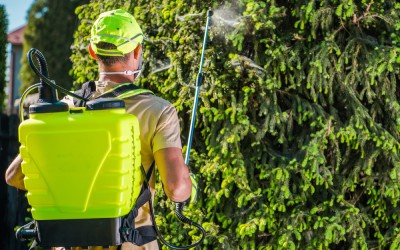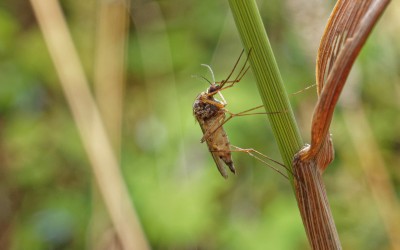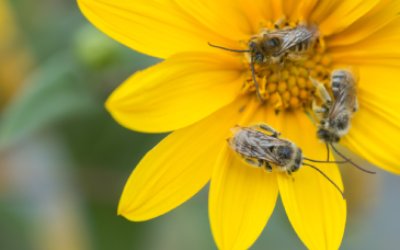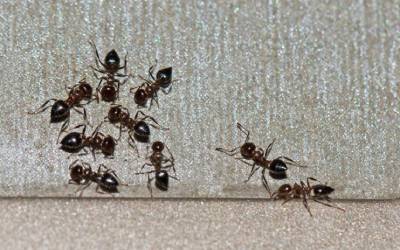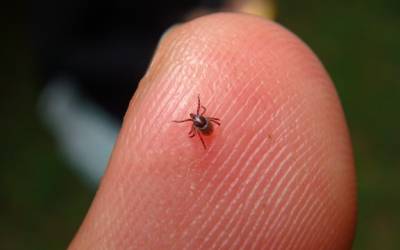Spring is the season of rebirth and rejuvenation. This time of year is also when pests like cockroaches become more active. Cockroaches are a prevalent nuisance in many houses and can be particularly troublesome in Albuquerque, New Mexico. They are a significant danger to public health because they can spread infectious bacteria that can cause sickness.
The American Cockroach
This is the largest of the three most prevalent roach species found in Albuquerque homes. They are reddish-brown and can be two inches long. They frequently inhabit basements, baths, and other warm, moist areas. They are scavengers who consume nearly anything, including paper, clothing, and food scraps.
The German Cockroach
This is a small but troublesome pest common in many Albuquerque homes. They are light brown and can be 5/8 of an inch long. German cockroaches frequently inhabit bathrooms and kitchens because they love warm, humid conditions. They are also scavengers and will eat almost anything.
The Oriental Cockroach
This is the least common of the three most common species of cockroaches found in Albuquerque homes. They are dark brown or black and can grow to a length of 1 1/4 inches. Oriental cockroaches frequently inhabit basements, crawl areas, and other cool, wet environments. They are scavengers who will eat almost anything, including decaying organic matter.
Identifying a Roach Infestation
Identifying a cockroach infestation as soon as possible is crucial because they are notoriously difficult to eradicate. Common signs of a roach infestation include:
- Spotting live cockroaches in the house.
- Finding cockroach eggs and feces in your home.
- Detecting an oily or musty smell in your home.
What Attracts Roaches to Your Home?
Several things in your house can attract roaches, such as:
- Food: Since roaches will consume nearly anything, preserving your food in sealed containers and cleaning up spills and crumbs as soon as possible is crucial.
- Water: You should fix any leaks or drips in your home since roaches require water to survive.
- Shelter: Roaches like to hide in dark, secluded areas. So, declutter your home and seal up any cracks or crevices where they can hide.
How to Prevent a Roach Infestation
Taking precautions is the best approach to prevent a roach infestation. Here are some tips to keep roaches out of your home:
- Keep your home clean.
- Declutter your home.
- Use roach bait in areas where roaches frequent but avoid using too much, as this can repel them.
Call a Professional Exterminator
It is crucial to contact a qualified exterminator if you have roaches in your house. They have the expertise and tools to eliminate roaches from your home safely and effectively. They can also offer suggestions on how to stop infestations from happening again.
If you identify a roach infestation in your Albuquerque home, do not hesitate to call Pest Defense Solutions Albuquerque. Our team of professional exterminators can identify the source of the problem and provide practical solutions to get rid of roaches for good. Contact us for a free assessment and assistance in securing your house against these troublesome pests.

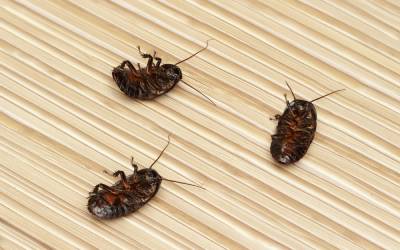
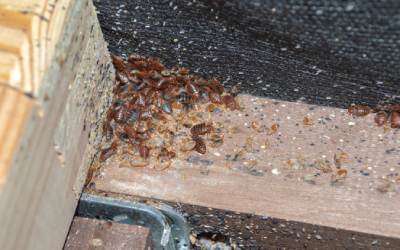

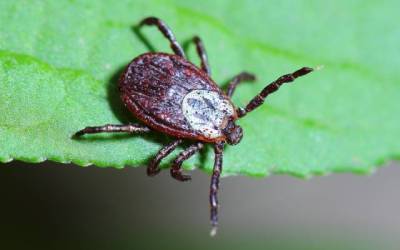
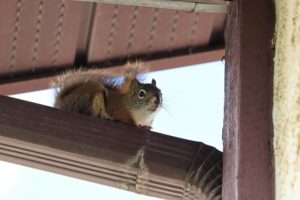 Are squirrels dangerous to humans?
Are squirrels dangerous to humans? 